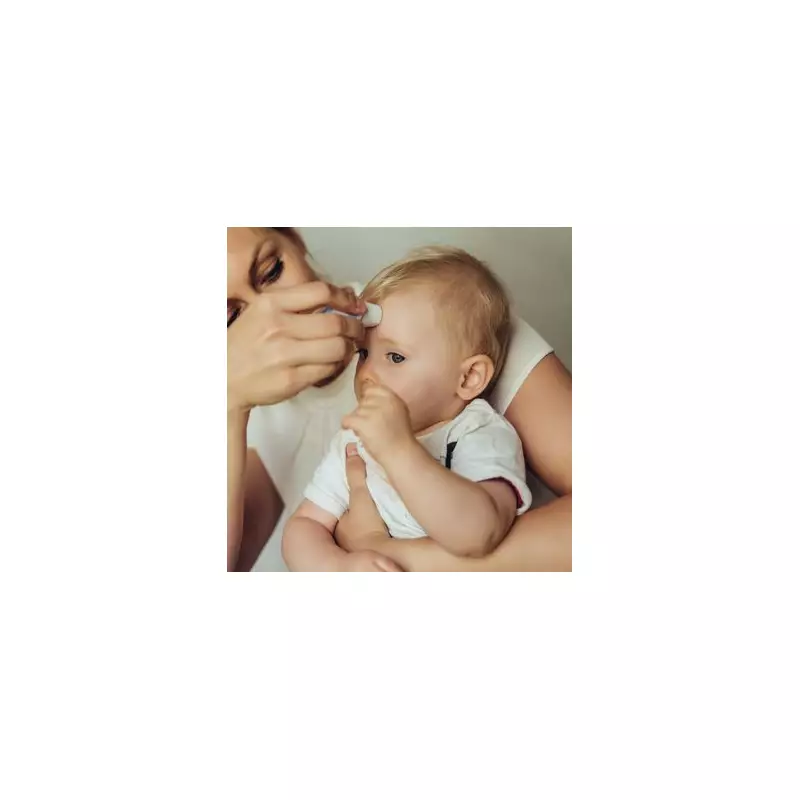
Health experts are issuing an urgent warning to parents about a common winter virus that presents with cold-like symptoms but can have serious consequences for infants and young children.
Understanding the RSV Threat
The Respiratory Syncytial Virus (RSV) is currently circulating widely and poses a particular threat to babies and children under two years old. While healthy adults typically experience mild symptoms, RSV can develop into bronchiolitis - a chest infection that causes breathing difficulties in young children.
Like seasonal colds and flu, RSV spreads through coughs and sneezes from infected individuals. The NHS emphasises that almost all children contract RSV at least once before they reach two years of age, though most cases aren't serious.
Recognising Serious Symptoms
Parents should be vigilant for symptoms that indicate their child's condition might be worsening. The NHS advises calling 999 or visiting A&E if a child shows severe complications including breathing difficulties, pauses in breathing, or their skin turning blue.
Other symptoms of RSV infection in children and babies include:
- Frequent sneezing and coughing
- Runny or blocked nose
- High temperature and sweating
- Difficulty feeding and loss of appetite
- Noisy breathing and shortness of breath
- Tiredness and shivering
Treatment and Prevention Options
Currently, there is no specific treatment for RSV infection. Most cases improve on their own within one to two weeks, and children can usually be cared for at home. The NHS recommends using appropriate paracetamol or ibuprofen for high temperatures and saline drops for blocked noses.
Some babies may receive an injection to help generate antibodies against RSV, though this only minimises the risk of severe complications rather than preventing infection entirely. In severe cases, RSV can develop into pneumonia, requiring hospital treatment.
Parents are encouraged to keep children hydrated and monitor their symptoms closely, seeking medical advice through NHS 111 or emergency services when concerning signs appear.






